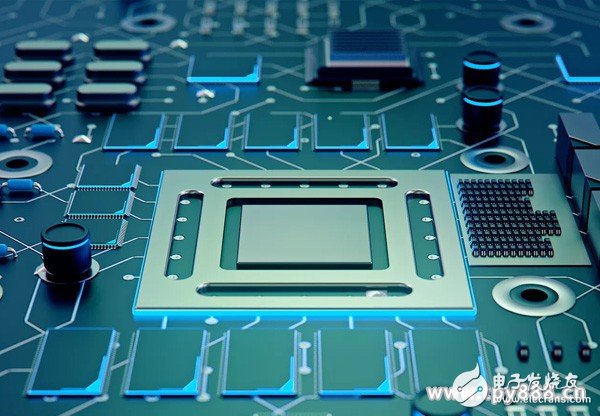Since the implementation of the "Made in China 2025" strategy on May 8, 2015, China's industrial growth rate has gradually accelerated, and the progress of manufacturing transformation and upgrading has become increasingly smooth. Luo Wen, director of the Planning Department of the Ministry of Industry and Information Technology, said that the high-end equipment, core chips, control systems, and key materials required for industrial development are mostly dependent on imports, and there is a big gap between them. "We must focus on key areas, formulate investment guides for key industrial technology transformation, establish and improve major project libraries, and form a continuous and rolling implementation of project reserve mechanism and a virtuous circle to stabilize industrial investment."

In recent years, security and AI have accelerated the integration of industrial applications such as smart and smart cities, and the security industry has gradually moved toward high-definition, intelligent, and large-scale. In general, the security industry can be divided into upstream, including video, algorithm providers and chip manufacturers according to the industry chain; midstream includes software and hardware vendors, system integrators and service providers; downstream terminal applications include government (Safe City), industry applications And the three links of civil use.
As the first ring of the industrial chain, upstream chip manufacturers influence the overall function, technical indicators, stability, energy consumption and cost of the entire security system, and play a key role in the future development direction of the security industry. Therefore, paying attention to the development of the security industry is inseparable from the concern of the chip industry.
The chip industry is the most demanding part of the technology and added value. The old chip giant has built up a moat of great interests with thousands of technical patents. If you can master the core technology and voice of the chip in the AI ​​era, its industrial value and strategic position are far greater than the application layer innovation.
At the CES conference, chip makers competed
The Nvidia conference on the eve of the CES conference, "I am AI", throwing a bomb. NVIDIA launched the world's first self-driving super chip DRIVEXavier, launching a full-scale offensive.
On the other hand, the old chip overlord Intel is not to be outdone. This year's Intel CEO Ke Zaiqi's CES opening speech was called by many media as "the most dazzling CES opening show in history" and "the most exciting performance of CES in the past, no one". On-site, Intel from the VR orchestra and AI virtual robots to play the opening, to the VR effect of the dance performance, to emphasize the MR experience ubiquitous Keynote stage exhibition, Intel used a series of extremely cool presentation techniques, tell everyone, this is the future .
In September 2017, Intel introduced the first self-learning neuromorphic chip code-named "Loihi," and again introduced Intel's neuromorphic chip Loihi, and announced the delivery of the world's first 49 qubit quantum computing test. Chip, this is of great significance.
Qualcomm, the leader of smartphone chips, released a series of products at this year's CES show, such as the release of new chips, which can extend the life of Bluetooth headsets by three times. Qualcomm's Opteron chips have been applied to 20 mixed-reality or virtual reality (VR) helmets, and more than 20 helmets are being developed based on the Opteron chip, including the OculusGo stand-alone VR helmet that Facebook will launch in 2018.
Domestic manufacturers pay close attention to the pulse of the times and enter the chip industry
Up to now, there are more than 20 IC design companies listed in China. In addition, more than 70 semiconductor companies have already listed A shares. And so far, China's chip industry has grown 21% year-on-year, with sales of about 170 billion yuan.
On October 11, 2017, the General Office of the National Development and Reform Commission issued a notice on organizing the implementation of the 2018 "Internet +", artificial intelligence innovation and digital economy pilot projects, and the local development reform commission and relevant central management enterprises. Apply for “Internet +†and artificial intelligence innovation and development of major projects. Recently, the High-tech Industry Department of the National Development and Reform Commission commissioned China International Engineering Consulting Co., Ltd. to evaluate the projects declared by the relevant units, and combined with the evaluation recommendations, the list of proposed projects was proposed through research.
In this list, there are Cloud's "High Accuracy Face Recognition System Industrialization and Application Project" and Hikvision's "Computer Vision Artificial Intelligence Chip R&D and Industrialization Project". Judging from the project being revealed, Hikvision should have done enough homework very early and started planning.
Hikvision's entry into the chip industry is, on the one hand, in the policy of "Made in China 2025", and China has a clear plan for the future development of the chip industry. By 2025, China's chip self-sufficiency rate will reach 50%, and the next 10 years will be the fastest growing time for China's semiconductor industry.
Dongguan Tuojun Electronic Technology Co., Ltd , https://www.fibercablessupplier.com